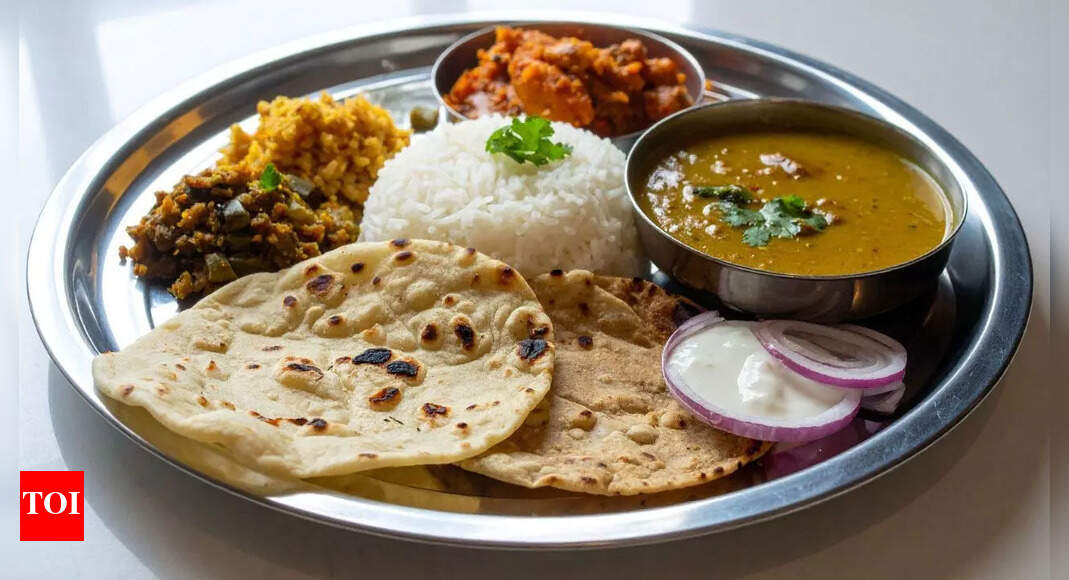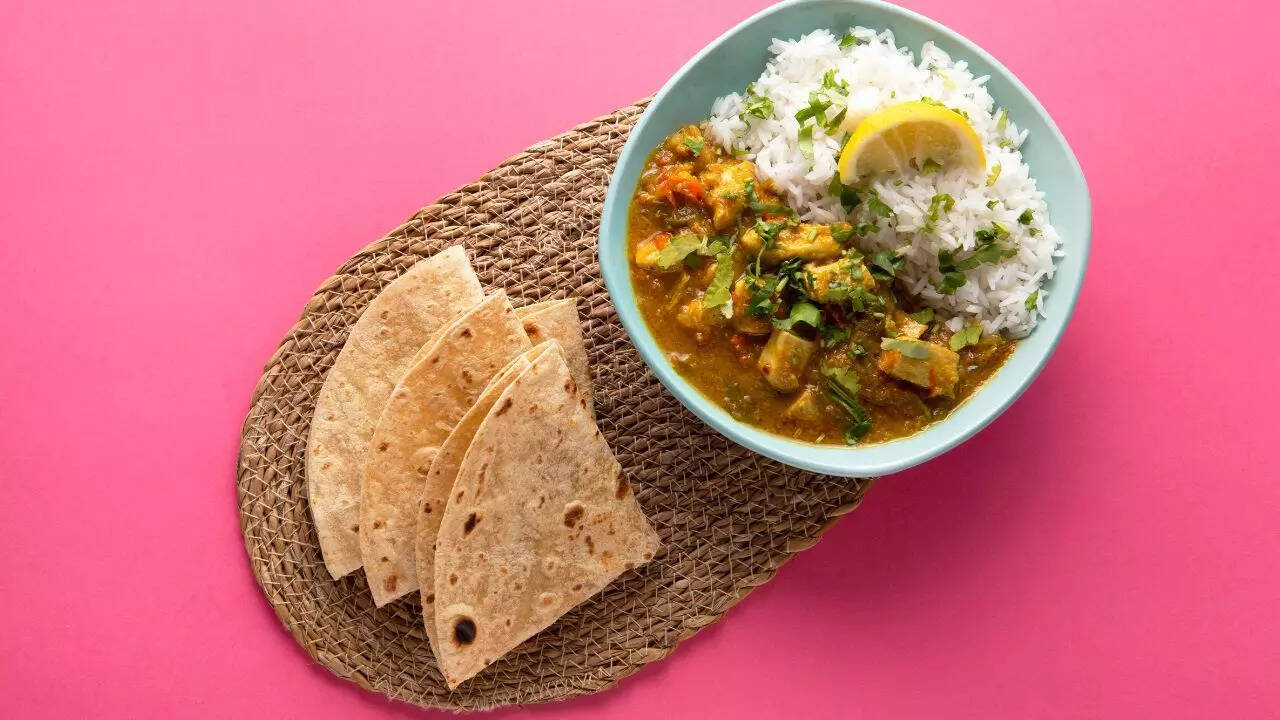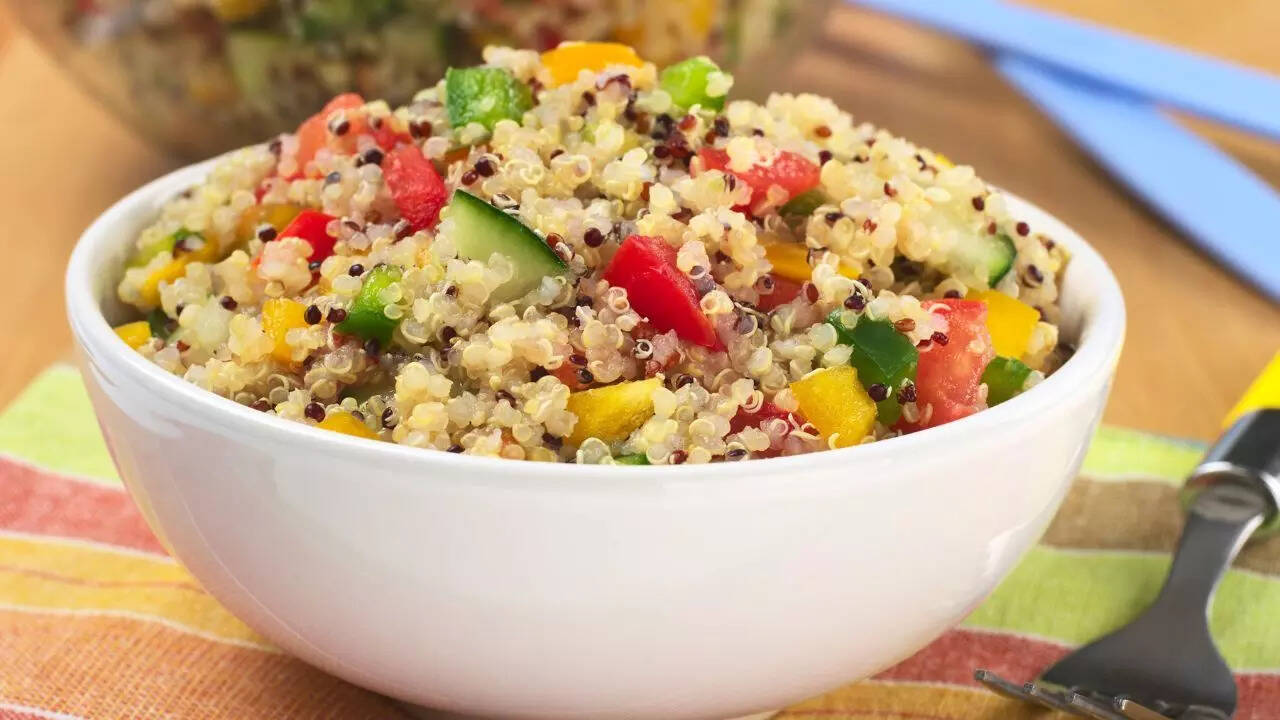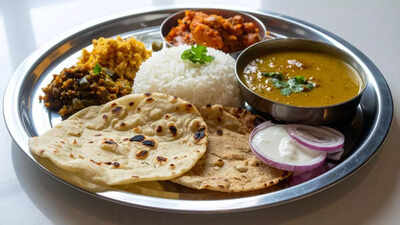
Thinking of going 30 days without rice or roti? You’re not the only one. With low-carb diets and fitness trends on the rise, many people are ditching these Indian staples in search of better energy, faster weight loss, or improved digestion. But is cutting out rice and roti the secret to a healthier body or just a temporary trend? Let’s break down what really happens to your body when you skip rice and roti for a full month, from the expected to the surprising.
Changes that take place in your body after skipping rice and roti for a month

Your body switches to fat for fuel
Without your regular dose of carbs, your body starts looking for energy elsewhere, mainly fat. This is called ketosis, and it’s the foundation of most low-carb diets. At first, you might feel a bit sluggish, but within a few days, many people report more consistent energy levels and fewer post-meal crashes.
Quick weight loss (but mostly water)
Expect to lose a couple of kilos in the first week but don’t get too excited just yet. Most of it is water weight, since carbs hold on to water in your body. Still, it’s a good morale boost and often enough to keep people going.
Blood sugar levels may improve
For those dealing with insulin resistance or prediabetes, cutting down on high-GI foods like white rice or refined wheat can help stabilise blood sugar. Replacing them with low-GI grains like oats, barley, or millets can be a game changer.
Digestive changes (good and bad)
Some people feel lighter and less bloated when they drop heavy, carb-laden meals. But here’s the catch: if you don’t replace rice and roti with fibre-rich foods like vegetables or seeds, you might experience constipation. Balance is key.
Cravings get real
Let’s not lie, rice and roti are comfort food. Without them, your brain may start hunting for that warm, carb-loaded satisfaction. Expect some emotional cravings, especially during stressful days or chilly evenings. The fix? Opt for smart carbs like sweet potatoes, dalia, or fruits.
Possible nutrient gaps
Both rice and roti give your body important micronutrients like vitamin B, iron, and magnesium. If you cut them out, make sure to add variety: ragi, jowar, amaranth, and multigrain flours can help you stay balanced.
You’ll learn a lot about your eating habits
After a few weeks without rice and roti, most people realise how much of their daily diet depended on them. It’s a great way to become more mindful, diversify your meals, and discover healthier grains or veggies you’d otherwise overlook.
So, should you stop eating rice and roti forever?
Not at all. The goal isn’t to cancel carbs, just to understand them better. Carbohydrates aren’t the villain they’re made out to be. Your body needs them for energy, brain function, and hormone balance. The trick lies in choosing the right kind of carbs and consuming them in appropriate portions. If you’re cutting back on rice and roti, don’t eliminate them blindly. Instead, try switching to whole grains like brown rice, hand-pounded rice, multigrain atta, millets, or dalia. These options are richer in fibre, digest more slowly, and don’t spike your blood sugar the way refined carbs do. Even better? Pair your grains with protein-rich foods like dal, paneer, eggs, or legumes and throw in a side of veggies for fibre and antioxidants. This not only balances your plate but also helps with satiety, blood sugar control, and sustained energy throughout the day. The idea is not to fear carbs but to eat them smart.
Smarter swaps to try instead of rice and roti

- Millets (ragi, jowar, bajra) – high in fibre and minerals
- Quinoa, buckwheat, or dalia – nutrient-dense and filling
- Cauliflower rice or millet rotis – lower carb options
- Leafy veg stir-fries and hearty dals – full of flavour, not fluff
Giving up rice and roti for 30 days can be a great reset for your body and your habits, as long as you do it right. You may feel lighter, more energetic, and even drop a few kilos. But the real win is learning how to fuel your body with intention. It’s not about avoiding carbs forever. It’s about choosing the ones that work best for your goals and your gut.Also read| Is bread and pasta making you tired or depressed? The surprising link between gluten, depression, and schizophrenia








